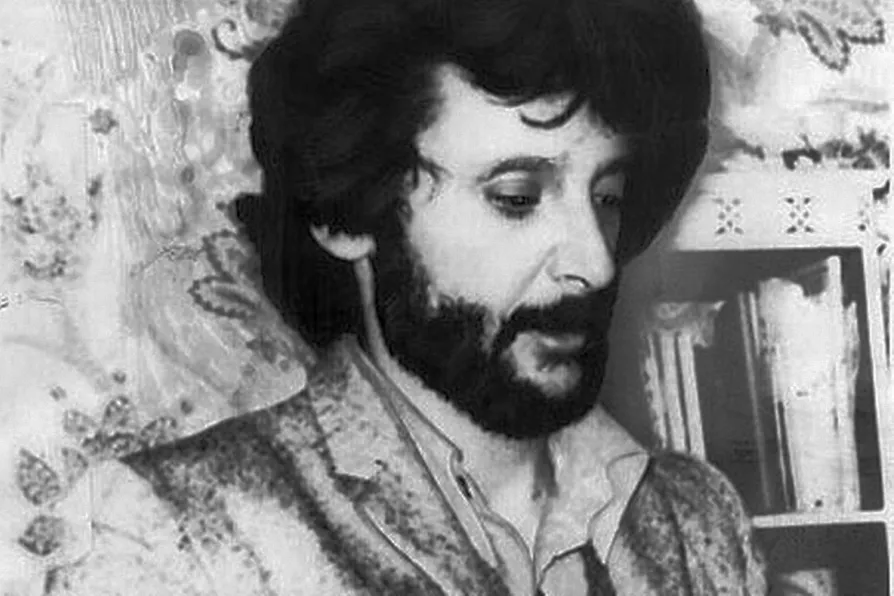
 Blair Peach
[Creative Commons]
Blair Peach
[Creative Commons]
POLICE “planned to clamp down on protesters” at an infamous demonstration in Southall in 1979, when riot officers’ violence led to the death of campaigner Blair Peach, an inquiry heard today.
Peach, a teacher and anti-racism activist, was killed by a blow to the head at the protest, which was held to prevent the National Front holding a march in one of London’s most racially diverse areas.
A 1979 Metropolitan Police internal investigation concluded he was “almost certainly” killed by a police officer. However, the force sat on this report for the next 30 years, while Peach’s partner Celia Stubbs campaigned to uncover the truth.

BEN CHACKO reports on the struggles against sexism, racism and the brutish British state that featured at Matchwomen’s Festival this year













